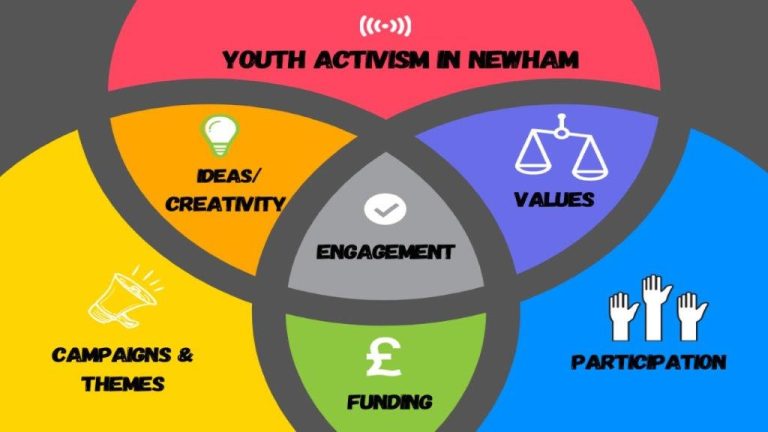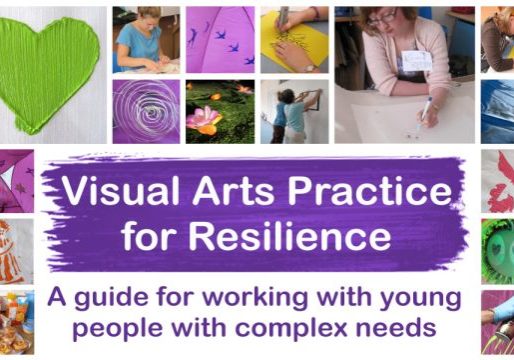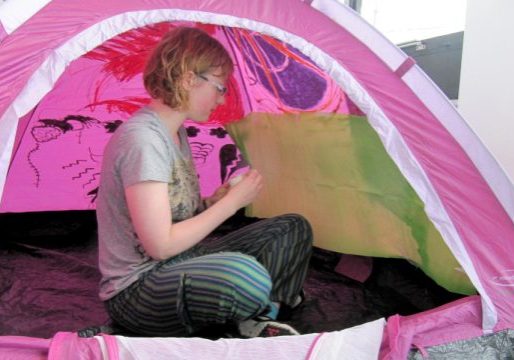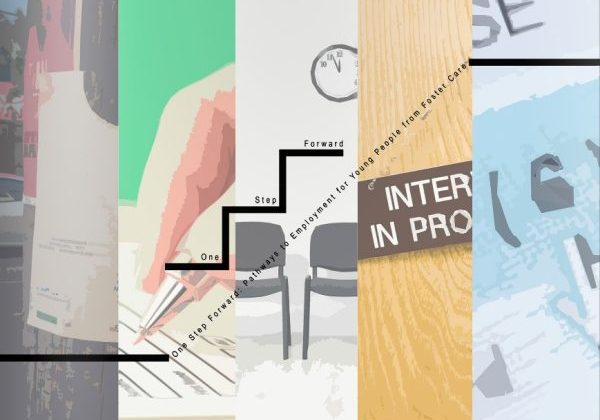In this blog Ishrat and Amanda share their reflections on taking part in co-produced research working alongside co-research teams in Blackpool, Cornwall, Newham and Brighton as part of the wider ‘Nothing About Us Without Us’ research project.
Youth activism in Newham; reflections on a co-produced research project undertaken during a global health pandemic

Related Resources

Visual Arts Practice for Resilience: A guide for working with young people with complex needs
The aim of this guide is to offer practical advice and ideas that are affordable and accessible, and can be put into practice with groups of young people. As well as showing how you might put resilience theory into practice and facilitate art based activities.

Make Your Mark Film about Visual Arts Practice for Resilience
This documentary about the project includes footage from the resilience-building arts workshops, the project exhibition showcasing the young people’s art work, and interviews and artists statements from the young people experiencing mental health complexities and /or learning difficulties who participated in the workshops.

One Step Forward – Young people in care
A visual guide to resilience written & illustrated by young people in foster care and care leavers, Boingboing, the Virtual School for Children in Care and the University of Brighton. Navigate your route towards resilience! Take your time to explore the activities, enjoy the images and take inspiration.